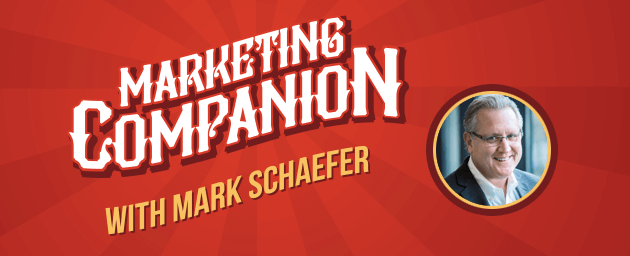By Emeric Ernoult, {grow} Community Member
I am an entrepreneur who has made a lot of mistakes.
Ultimately, I have created a successful start-up (more than once!) but I am passionate about helping others and today I thought I would reflect on what I have learned about overcoming mistakes with your new business. Especially the BIG ONE.
1. Don’t fear most mistakes
Making mistakes is unavoidable. Even Bill Gates and Steve Jobs made big mistakes, and there is no doubt that you will too.
Most of the time, mistakes are beneficial as you learn what works and what doesn’t. Sometimes there is actually no other way to learn that! The mistakes will happen, so most of the time, embracing them and learning from them is the best attitude to take.
“Move fast, break things” is one of Facebook’s mottos. In a way, that means “don’t be afraid of making mistakes as long as you move things forward quickly.” I like that.
2. Be aware of the doomsday mistake that will kill your business
I’m not afraid of mistakes. Well … with one exception. There is one kind of mistake that will not help you grow. It will kill your business. Here it is. Are you ready?
The doomsday mistake is thinking you are building a product or service that people want to pay for when, in fact, they won’t.
You’re probably thinking “duh, I knew that.” Well, I thought I knew that too and I made that mistakes twice! And I am a smart guy. But being smart does not prevent you from making that mistake. Actually, it makes it even worse, because the smarter you are, the better you are at convincing yourself and others that you have a great idea that people will pay for when you actually don’t!
Here is the thought process that leads smart people into the doomsday mistake:
- We have a great idea (or one we think is great)
- We get excited and manage to get a couple people excited as well. Now people are confirming that this is a good idea!
- We start investing time and/or money building a product or service from that idea
- We invest a LOT in it before it hits the market so we can judge reaction
- When it does hit the market, it does poorly
- We blame the initial failure on marketing, not enough ad budget, not enough VC money, etc
- We fire the agency and spend more money on marketing and advertising, thinking that will fix the problem,
- Nothing changes
- 3 years later and our savings have gone away
- We finally realize that not enough people were ready to pay for this product or service
- We promise ourselves we will never make that mistake again
If you read these lines and get the point, you’ve saved yourself a lot of heartbreak and money!
3. Insulating your business from the doomsday mistake
Before spending money on product development, spend money to determine if there is a sufficient market demand. I know the mantra of Silicon Valley is “just build it” but that can also lead to big problems.
Here is an example of an entrepreneur who did it right:
Noah Kagan had the idea of selling apps at a discount. But building the infrastructure of a new business was going to be a big investment in time and money … an investment he could not afford to make without some assurance of sales!
So he built a nice landing page with a description of the idea and an email capture form. He then ran a very small ad campaign on adwords ($50 I think) to promote his concept. He got a good CTR on his ads and a lot of emails from people interested in the idea.
With very little investment, he had an indication that the market was ready to pay for his idea, so he built it and has been tremendously successful with AppSumo.
Here is another example of mitigating risk from the real estate business.
A good friend of mine invests in properties so he can rent them. Making a wrong decision can cost him hundreds of thousands of dollars.
Every time he sees a property he wants to buy, he runs an ad in the local newspaper (or website) to “rent” the place he is considering. This allows him to test demand for a property before he buys it and also tests the price points. No (or few) calls means that this piece of real estate will be a risky investment. Lots of calls mean that it will be a good investment.
Your turn, what is the deadliest mistake you think entrepreneurs can make and how are you mitigating risk?

Illustration courtesy BigStock.com.



